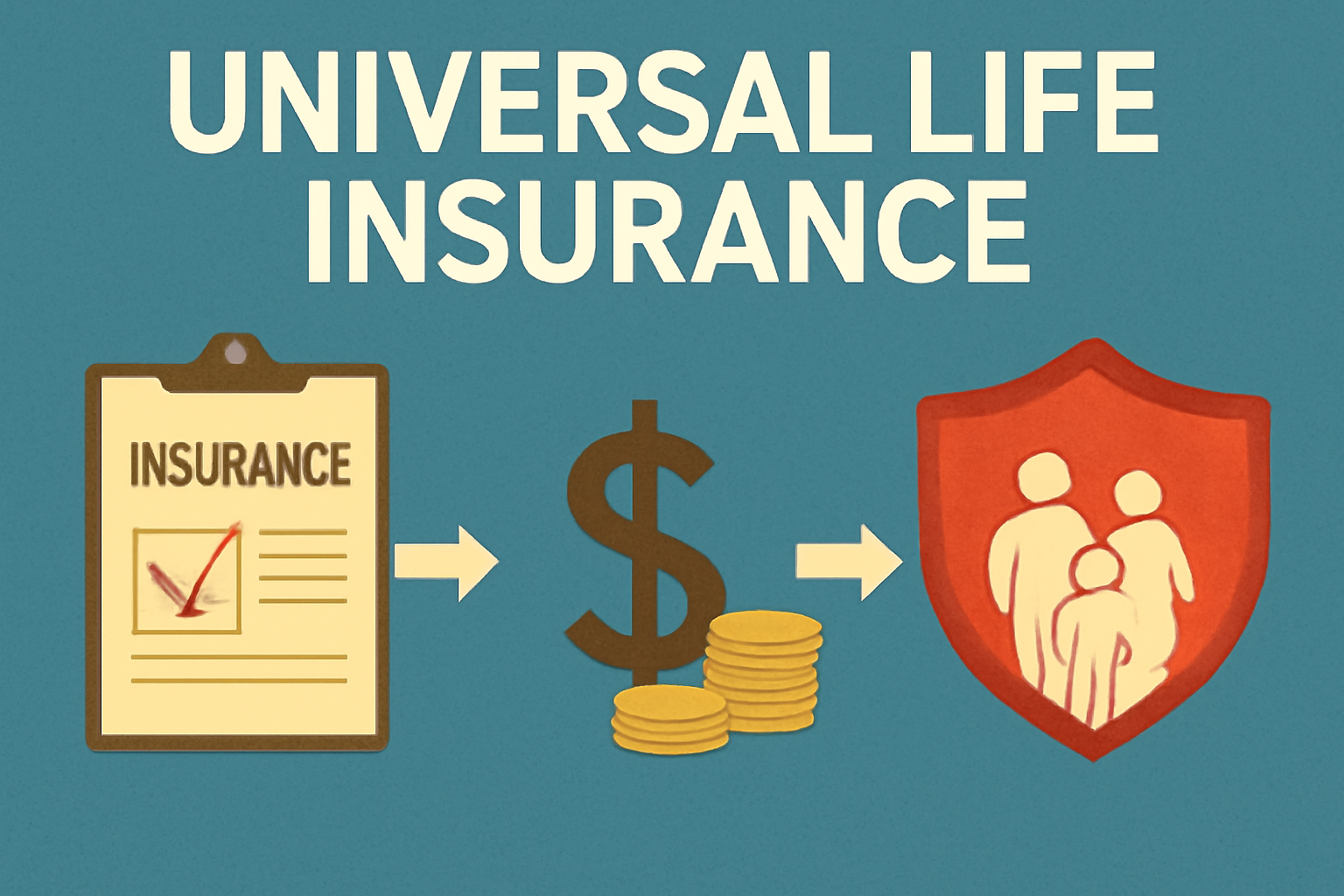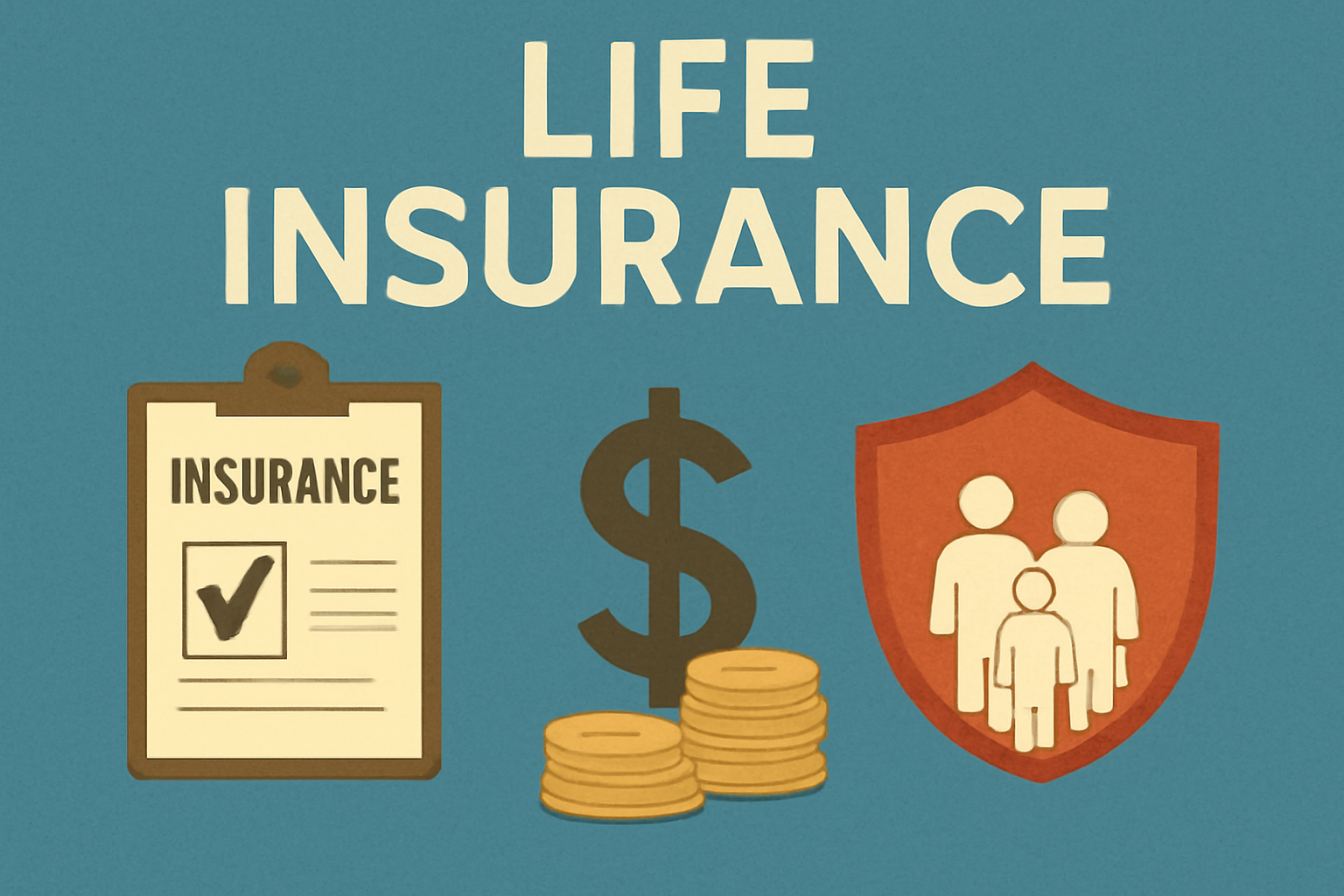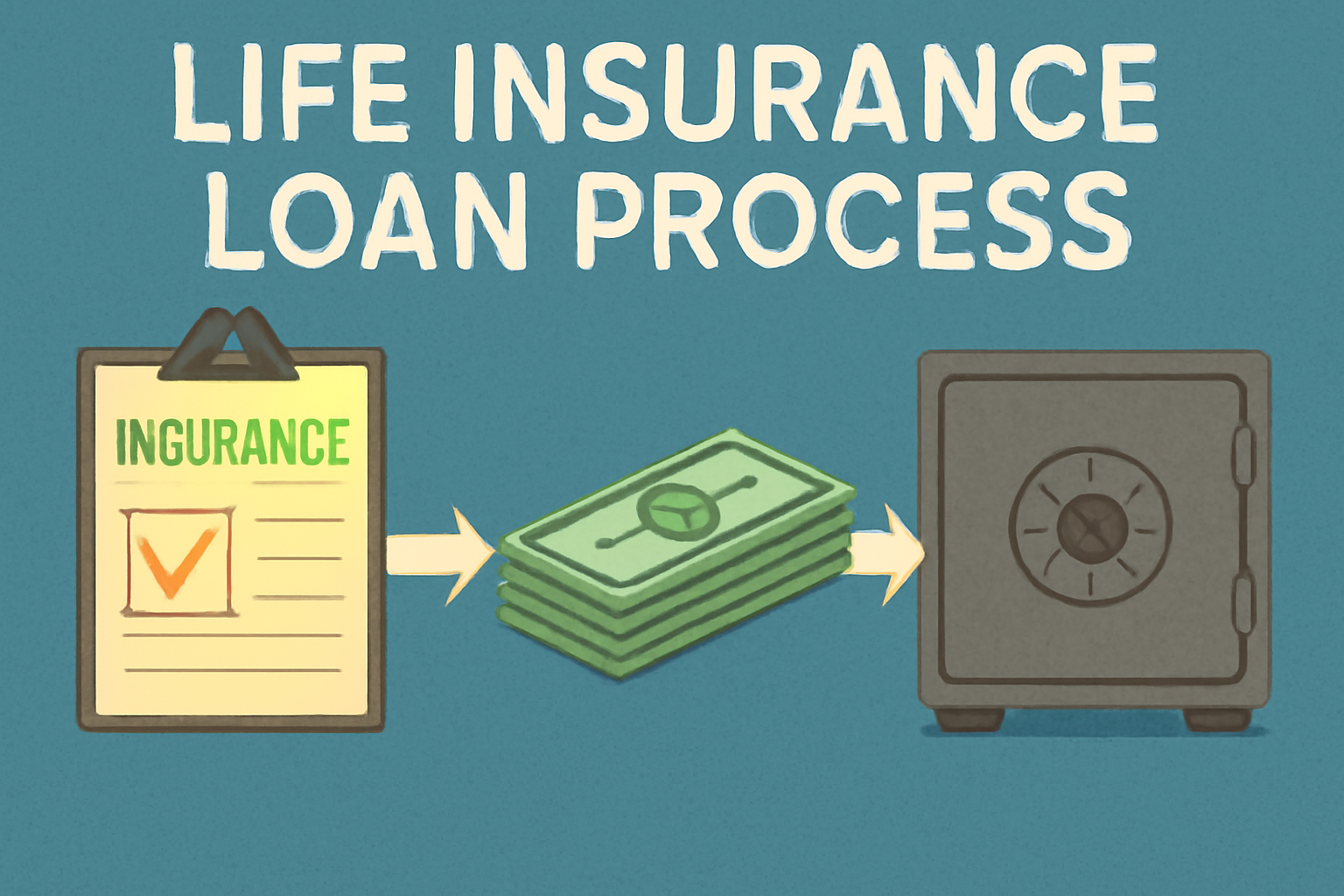Not long ago, I came across a post from another blogger who presents himself as a financial guru for his audience. While I found some real issues with the way he framed certain points, I also realized that there’s value in hearing perspectives like his. For instance, when he and his followers label insurance agents as “con artists,” they’re usually not talking about professionals like me. They’re referring to the countless agents who chase quick money, driven by flashy dreams of sports cars and lake houses, rather than genuine concern for their clients.
That got me thinking: if I’ve built a strong referral-based business and earned a reputation for putting clients first, how would I advise someone else to choose a trustworthy insurance agent? Here’s my take.
1. Independence Can Be a Plus (But Use Caution)
Independent agents often have more flexibility because they aren’t tied to selling a specific company’s products. My own career started at a large, well-known insurer, but I later transitioned into independence. That move gave me access to broader industry resources and allowed me to recommend solutions based on what truly fit the client—not company quotas.
That said, not every “independent” agent has this background. Some couldn’t secure contracts with established companies or work under organizations that heavily push certain products. Independence can be a good sign, but it’s worth asking about their background and business model.
2. Watch Out for the “Company Loyalist”
Some agents see their role as serving the company first and the client second. During my time at a major insurer, I made it clear to leadership that my loyalty was to my clients—not corporate goals. Unfortunately, many agents don’t share that mindset. If you find someone who seems more focused on protecting their company’s image than on serving you, that’s a red flag.
3. Don’t Be Afraid to Ask Hard Questions
Choosing an insurance agent isn’t about being polite—it’s about protecting your financial future. Ask tough questions, challenge their explanations, and make sure they can walk you through concepts clearly. A strong agent won’t be rattled by this; they’ll welcome the chance to prove their knowledge. If their confidence crumbles or they pressure you to move forward without clarity, it’s better to walk away.
4. Get a Second Opinion
A trustworthy agent won’t shy away from you seeking another perspective. In fact, I welcome second opinions—they not only give clients peace of mind but also open doors for professional collaboration. If your agent reacts negatively when you suggest checking with someone else, that’s a signal their advice might not hold up.
5. Balance Research with Trust
The internet is full of information about insurance—some helpful, some misleading. Use it as a starting point, but lean on your agent to clarify what’s accurate and what’s not. A good agent will be able to explain industry concepts in plain language and guide you through conflicting advice without defensiveness.
Final Thought
Finding the right insurance agent takes effort, but it’s worth it. Look for independence paired with integrity, someone who welcomes questions, respects your pace, and keeps your interests above all else. The best agents aren’t salespeople chasing commissions—they’re advisors committed to helping you make the right financial decisions.





